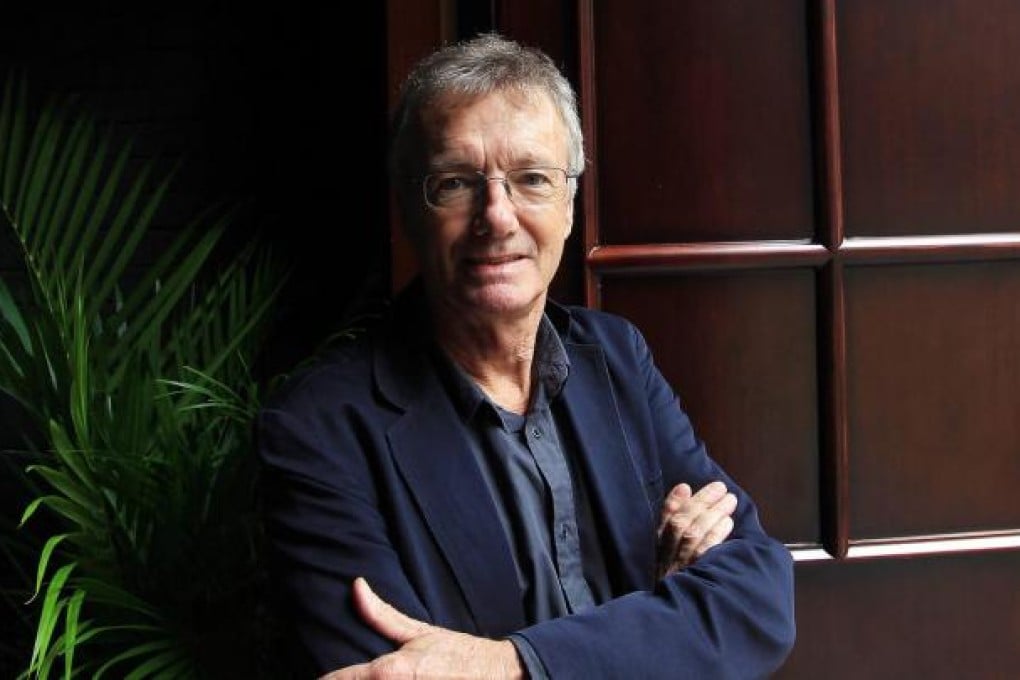Lai See | What about the ICAC's probe into Donald Tsang?

It is been more than six months since former chief executive Donald Tsang came to the attention of the ICAC for allegations that he had acted improperly as a result of his dealings with tycoon buddies, such as accepting rides in their private jets and yachts and agreeing to rent a luxury penthouse in Shenzhen at a bargain rate.
The former Deputy Commissioner of Hong Kong's Independent Commission Against Corruption (ICAC), Daniel Li Ming-chak, twice had his retirement extended to enable him to look into Tsang's case. He has now retired, presumably after he finished "looking" into Tsang's situation. Surely by now we should know whether there is a case to be made against him or not.
Most people who follow these matters seem to think that in the event he did accept inappropriate favours, the ordinance does not cover activities of the chief executive. So the reluctance in announcing a decision on Tsang may be more to do with the possibility that Tsang has done no wrong in the eyes of the law. This is unlikely to trigger street protests but it probably won't go down well among certain elements within the Legislative Council.
Those of a certain age were treated to a nostalgia trip by Tony Wheeler, the founder of Lonely Planet Publications. Speaking at the Royal Geographical Society's annual dinner recently, he gave an engaging talk illustrated with slides from exotic locations alongside those evocative '70s fashions about the start of Lonely Planet.
The story starts with him and his wife Maureen buying a minivan for £65 and driving it to Kabul via Iran and Pakistan, and then selling it for £70. They eventually ended in Sydney with 27 US cents in their pocket. This journey along Asia's "hippie trail" in the 1970s resulted in the first Lonely Planet guide, . The book sold well and they did another trip taking in Southeast Asia and wrote a second guide: , which was written in the Palace Hotel in Singapore. In those days it was not unusual to find signs in government buildings in Singapore like "Males with long hair will be served last". In 1973 Lonely Planet described Bali as already "over".
The Wheelers sold Lonely Planet in two tranches between 2007 and 2011 to the BBC for a reported £100 million. Lonely Planet now publishes some 500 titles and has sold about 80 million guidebooks. "All you've got to do is decide where to go and the hardest part is over," says Wheeler in the introduction to his first travel guide. "So go." And many people did with a copy of Lonely Planet in their backpack.

